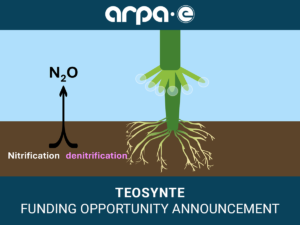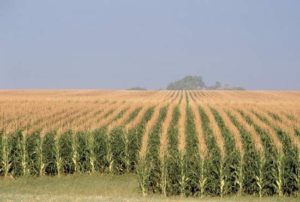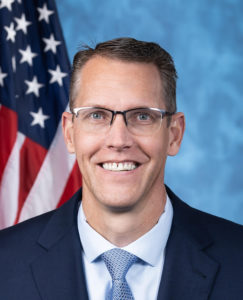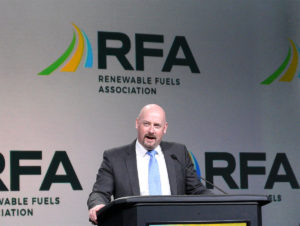 The National Renewable Energy Laboratory (NREL) has released the seventh in a series of reports documenting the quality of biodiesel from North American producers participating in the BQ-9000 program based on monthly data collected throughout the calendar year 2023.
The National Renewable Energy Laboratory (NREL) has released the seventh in a series of reports documenting the quality of biodiesel from North American producers participating in the BQ-9000 program based on monthly data collected throughout the calendar year 2023.
The 2023 report, authored by Robert L. McCormick, features significant advancements highlighting new parameters that offer a more comprehensive analysis on biodiesel quality and mineral content. New data includes kinematic viscosity, sulfated ash, distillation temperature, carbon residue, and cetane number, as well as individual levels of sodium, potassium, calcium and magnesium levels.
“The BQ-9000 program’s commitment to quality assurance is evident in the continued improvement and expansion of the parameters we assess,” said Scott Fenwick, Technical Director at Clean Fuels Alliance America. “This year’s report not only reinforces the high standards maintained by biodiesel producers but also provides valuable insights that can drive further advancements in the industry.”










